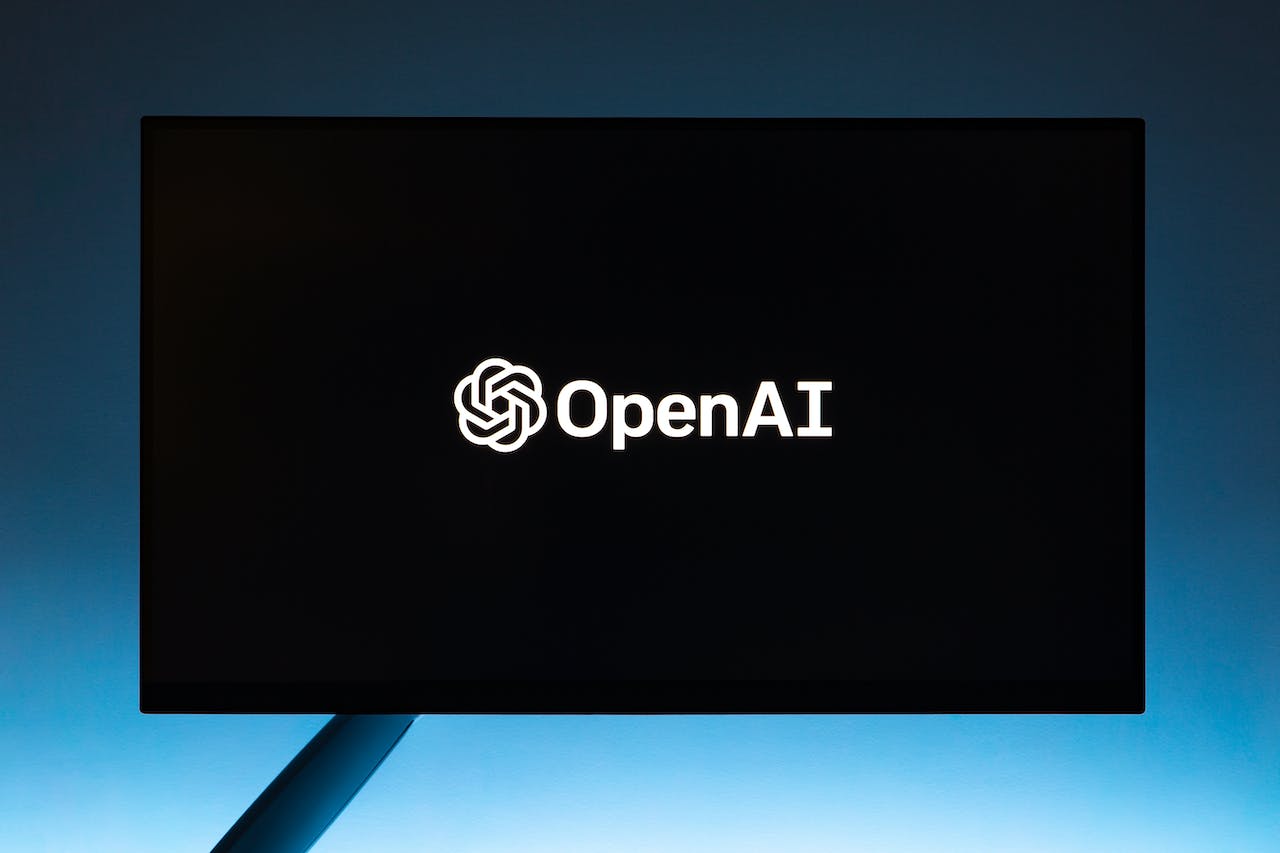OpenAI, the renowned artificial intelligence startup, is undergoing a remarkable turnaround as it reinstates Sam Altman as its chief executive officer (CEO) and undergoes a significant board overhaul. Silicon Valley and the global AI industry are abuzz on Sam Altman’s return as CEO, marking a development that has captured widespread attention.
Altman’s return as CEO is accompanied by the appointment of Bret Taylor, former co-CEO of Salesforce Inc., as the initial board leader. The board will also include Larry Summers, the former US Treasury Secretary, and Adam D’Angelo, the co-founder and CEO of Quora Inc. The reshaped board, currently led by Taylor, is actively working on finalizing details, as revealed in a post on X, formerly known as Twitter.
Microsoft Corp. played a pivotal role in this reinstatement, collaborating with fellow investors to reverse Altman’s firing. Microsoft’s CEO, Satya Nadella, publicly supported Altman throughout the upheaval and even considered hiring him at Microsoft to establish an in-house research group.
The two new board members, Summers and Taylor, bring added appeal to Wall Street and Silicon Valley. Summers, a Harvard academic and contributor to Bloomberg Television, sits on the boards of several startups, including Block Inc. led by Jack Dorsey. Taylor, who also serves as a director at Shopify Inc., played a calming role during the Twitter sale to Elon Musk last year.
While the restructured OpenAI board is not final, the primary focus currently is on selecting up to nine new directors. Negotiations for Altman’s return as CEO included discussions about the composition of the new board, with Microsoft likely to have representation given the strategic importance of OpenAI’s technology to the tech giant.
Altman, in a strategic move to facilitate the deal, initially agreed not to take a board seat. He also committed to an internal investigation into the circumstances leading to his dismissal, showing a willingness to address any concerns.
The earlier OpenAI board included D’Angelo, Ilya Sutskever (OpenAI co-founder and chief scientist), Tasha McCauley of GeoSim Systems, and Helen Toner, director at Georgetown’s Center for Security and Emerging Technology.
The agreement to reinstate Altman followed four days of intense negotiations, triggered by the threat of mass resignations from almost all of OpenAI’s employees if Altman was not reinstated. The drama unfolded on X, with notable figures from finance, Silicon Valley, and key players like Nadella actively voicing their positions.
Altman’s dismissal was initially attributed to a lack of consistent candor in his communications with the board, hindering its ability to fulfill its responsibilities. Negotiations hit an impasse on Sunday, partly due to pressure for existing board members to resign. Emmett Shear, former Twitch CEO, was named as the new leader.
However, a swift reversal was prompted by a letter from the majority of OpenAI’s 770 employees threatening to quit and join Microsoft unless all directors resigned and Altman was reinstated. The quick resolution may pacify investors and prevent a mass employee exodus, but it also raises questions about the future trajectory of OpenAI and other AI startups navigating the balance between responsible development and securing substantial capital.
Altman, at 38, had become a prominent figure in the AI industry, especially with the success of ChatGPT. His reinstatement garnered swift congratulations on X from key figures in the saga, including former president Greg Brockman and Chief Technology Officer Mira Murati, who is also returning to the company.
Behind the scenes, Altman had clashed with board members, particularly Sutskever, over the pace of generative AI development, commercialization strategies, and steps to mitigate potential harms. The boardroom drama also revealed Altman’s entrepreneurial ambitions, including seeking funding for an AI chip startup and a partnership with Jony Ive for AI-oriented hardware.
This OpenAI saga echoes historical coups in Silicon Valley, such as Steve Jobs’ return to Apple and Jack Dorsey’s comeback as Twitter’s CEO, underscoring the complex dynamics within tech companies.
In conclusion, Altman’s return as CEO marks a pivotal moment for OpenAI, signaling not only a significant shift in leadership but also raising questions about the company’s future trajectory in the ever-evolving landscape of artificial intelligence.
Source/; Bloomberg



